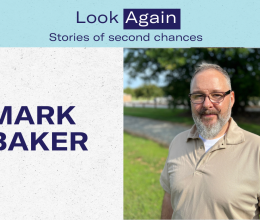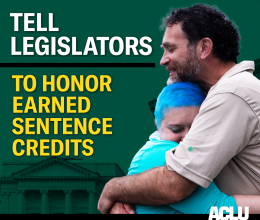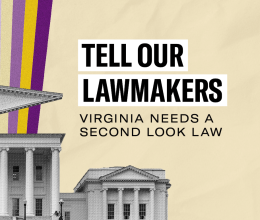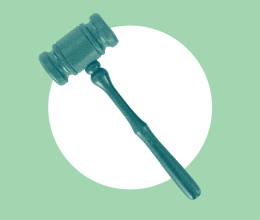Richmond, VA - In a unanimous decision today written by Justice Clarence Thomas about a case out of Charlottesville, Virginia, the United States Supreme Court found that in McFadden v. United States the Controlled Substance Act and its Analogue Act require the government to prove that the defendant knew he was distributing a substance that is substantially similar to a regulated substance.
“Today the U.S. Supreme Court made a common-sense decision – the government cannot convict an individual of violating federal drug laws if that person doesn’t know the substance is illegal,” said Rob Poggenklass, Tony Dunn Legal Fellow at the ACLU of Virginia. “While today’s decision dealt with a federal law, we are fortunate that the Virginia General Assembly has already embraced the basic due process requirement that an individual should not face a criminal penalty for an act that the person did not know was a crime.”
In this case, the defendant was convicted of selling several bath salts, substances that are not on the list of controlled substances. The government argued that it did not have to prove that the defendant knew the bath salts were similar to substances on the prohibited list, and the U.S. Court of Appeals for the Fourth Circuit agreed. Today, the U.S. Supreme Court unanimously vacated the Fourth Circuit’s decision.




